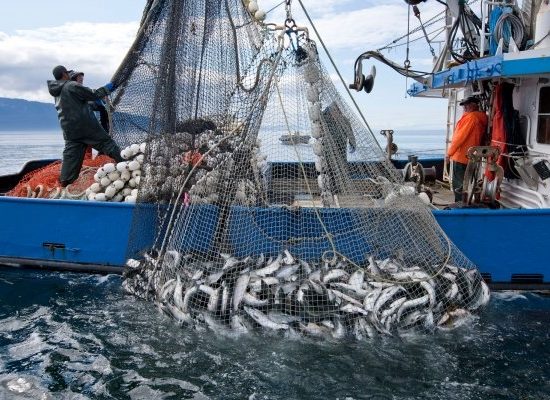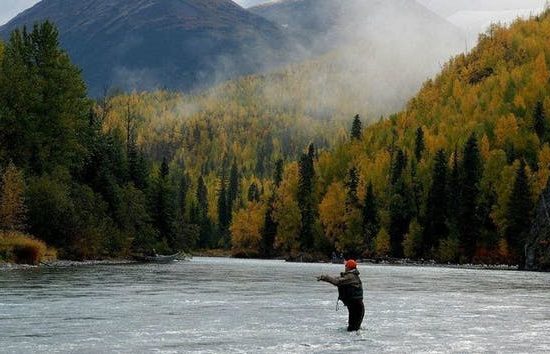A story in the Washington Post by Chris Mooney (see below) basically blames low oil prices for the halt in Shell’s arctic oil exploration. Brad Keithley says that that is a weak explanation and misses the mark.
In a comment on his Facebook page, Alaskans for a Sustainable Budget, he explained:
“First, current oil prices did affect Shell, but by limiting current cash flow available for exploration. The relevant oil price used to measure economics was that anticipated to apply in 2035 and beyond, once oil started flowing. Second, and more important, the story misses the mark somewhat by not considering the potential effects of the growing view that some oil reserves will remain stranded and never developed due to climate change regulations. Presumably those left behind will be those with the highest cost to develop. Unless costs can be reduced going forward, the Arctic may fall in that category.”
Excerpted from Washington Post:
So if companies aren’t going after this [huge reserve of arctic offshore oil], at a time when they want to book new reserves, what’s the reason? Simple: cost.
“The price of energy, and the capital costs the companies are cutting, I think that’s playing as much of a role in the decisions to not explore, or postpone,” says Heather Conley, senior vice president for Europe, Eurasia, and the Arctic with the Center for Strategic and International Studies. “The cost of exploring [is] not commercially viable unless the price of oil is $ 100 per barrel. I’ve seen maybe getting down as low as $80.”
It’s not just Shell – earlier this year Statoil, the large Norwegian oil major, said it had no plans to drill in 2015 in the Barents Sea.
In a sense, then, all of this could be considered a key consequence of OPEC’s decision, last November, not to curtail oil production, a move that led to a dramatic plunge in oil prices and ushered in a low price environment that still persists a year later. One major result, naturally, has been to make more costly forms of resource exploitation a lot tougher to sustain.
“It does not mean that there will never be interest in Arctic drilling,” says Pavel Molchanov, an analyst with Raymond James. “Certainly over time it’s likely that it will recover. But right now, it’s just a tough landscape to do it.”
Granted, it’s definitely possible that the timing of the oil price plunge may in effect shut the window on developments in U.S. Arctic waters. After all, as the climate change issue becomes more and more prominent — with the Arctic as its top icon — and as environmental groups focus more and more on a “supply side” strategy that tries to prevent companies from exploiting hydrocarbon resources because of the potential to add more carbon to the atmosphere, the political risk, already high, may grow steadily higher going forward.
See Full Story at Washington Post










